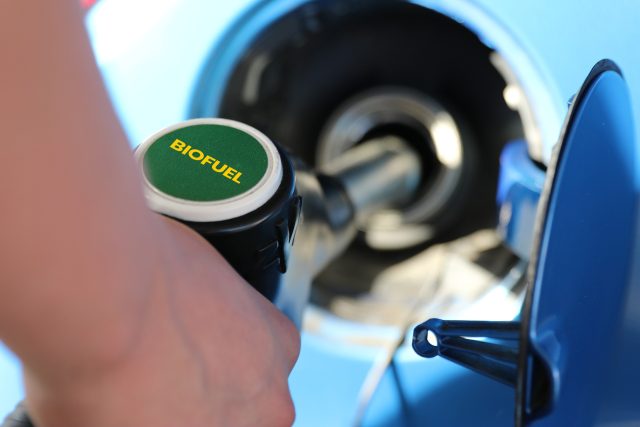
Italy Abstained in Relation to the New European Regulation and Took Time About the Biofuels Topic
According to the new plan approved by the European Commission, from 2035 new vehicles with traditional engines can be registered, only if powered using neutral fuels in terms of emissions. The law could therefore exclude new generation biofuels, in which Italy has also invested heavily, because, according to the European Commission, the amount of carbon present in these fuels would remain too high to comply with the new parameters. Another unknown factor taken into consideration by Europe, in negatively evaluating the use of biofuels, is linked to their development, based on specific crops, which could have a harmful impact on the agri-food system.
Although Italy abstained during the process of voting on the new European legislation, the Minister of the Environment and Energy Security, Gilberto Pichetto Fratin, expressed his satisfaction with the more prudent attitude on the part of the European Parliament in dealing with the energy transition, as requested, precisely by Italy, in previous consultations. Italy now expects an even more in-depth discussion between all member states to make dialogue more effective and address all the alternatives available for the “green” challenge. The Italian objective will consist in convincing the European Commission of the ecological validity of biofuels and will ask that they be included among the neutral fuels from the point of view of carbon emissions.
The gradual reduction in the sale of vehicles with internal combustion engines in the coming years and the definitive stop to their marketing in 2035, will also include a review, in 2026, by the European Commission, of the legislation so as to update the timing and methods of the process of change. In the foreseen control, the inevitable advances in technology and materials will be taken into consideration so as to perfect the ecological transition by possibly changing its terms and conditions. However, this revision is not seen by the European Parliament as a probable opening towards new fuels, as Italy would hope for in relation to “cultivated” ones.
According to analysts, after 2035, net of any changes that could be made to the regulation, vehicles with internal combustion engines will only represent a commercial niche but will survive while following specific regulations. Together with mobility, the network of infrastructures that will serve to operate vehicles powered by neutral, hybrid or fully electric engines will also change, as expected, and the first step involves the installation, throughout Europe, of electric charging stations, every 60 kilometres, by 2026, on the main roads of the continent.
On the front of the raw materials necessary for the development of electric batteries, the United States and Japan are already collaborating for the creation of a commercial and production network that can compete with the Chinese one, already world leader in the production and management of lithium, fundamental in the ‘assembly of batteries and power supply devices. Italy continues its campaign of convincing the European Union on the usefulness of biofuels, especially in the transition phase which will last more than ten years.
Italy and other countries, sceptical of the new European regulations on the ban on internal combustion vehicles, believe that a longer period of time is needed to allow companies involved in the production of “traditional” vehicles and all associated industries, to upgrade all production facilities. For Italy, the transition to electricity will take place, as planned, but it must not be so clear-cut, risking creating logistical and commercial difficulties for the sector industry.



 Subscribe
Subscribe